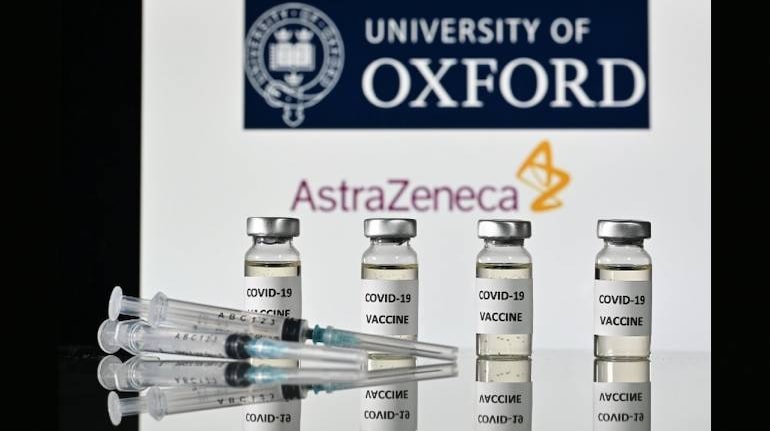



Dutch health officials, on March 14 said they suspended the use of AstraZeneca's coronavirus vaccine for two weeks after "possible side effects" had been reported in Denmark and Norway.
Netherland’s move against the use of AstraZeneca came after several other European and Asian nations had reported blood clots following vaccinations.
Austria, Italy, Bulgaria, Romania, Estonia, Lithuania, Luxembourg, Latvia and non-European Union (EU) countries Norway and Iceland have also banned the use of the vaccine as a precaution after similar reports of blood clots, which European drug regulators are still investigating.
Meanwhile, on March 12, Thailand delayed its roll-out of the AstraZeneca vaccine over blood clot fears. It is the first Asian nation to suspend the use of jab over safety concerns.
No reason to stop using AstraZeneca COVID-19 vaccine, says WHO
Denmark, the first to announce it was suspending the jab, said that the move was precautionary. "It has not been determined, at the time being, that there is a link between the vaccine and the blood clots," the country's Health Authority said.
However, AstraZeneca defended the vaccine saying that there was "no evidence of an increased risk" of blood clots, and European and UK medicines regulators have each said the link between the vaccine and blood clots has not been confirmed and that rollouts should continue.
"An analysis of our safety data of more than 10 million records has shown no evidence of an increased risk of pulmonary embolism or deep vein thrombosis in any defined age group, gender, batch or in any particular country with COVID-19 Vaccine AstraZeneca," the British company said in a statement.
AstraZeneca-Oxford vaccine on hold in Europe, what does it mean for India?
"In fact, the observed number of these types of events are significantly lower in those vaccinated than would be expected among the general population," it added.
The World Health Organisation (WHO) also extended similar confidence saying that the use of the AstraZeneca vaccine should be continued. "There is no indication to not use it," WHO spokeswoman Margaret Harris told AFP.
In the UK, the Medicines and Healthcare products Regulatory Agency said in a statement on Thursday that "it has not been confirmed that the report of a blood clot was caused by the AstraZeneca COVID-19 vaccine", urging that people "should still go and get their COVID-19 vaccine when asked to do so."
[Input from agencies]
Discover the latest Business News, Sensex, and Nifty updates. Obtain Personal Finance insights, tax queries, and expert opinions on Moneycontrol or download the Moneycontrol App to stay updated!
Find the best of Al News in one place, specially curated for you every weekend.
Stay on top of the latest tech trends and biggest startup news.